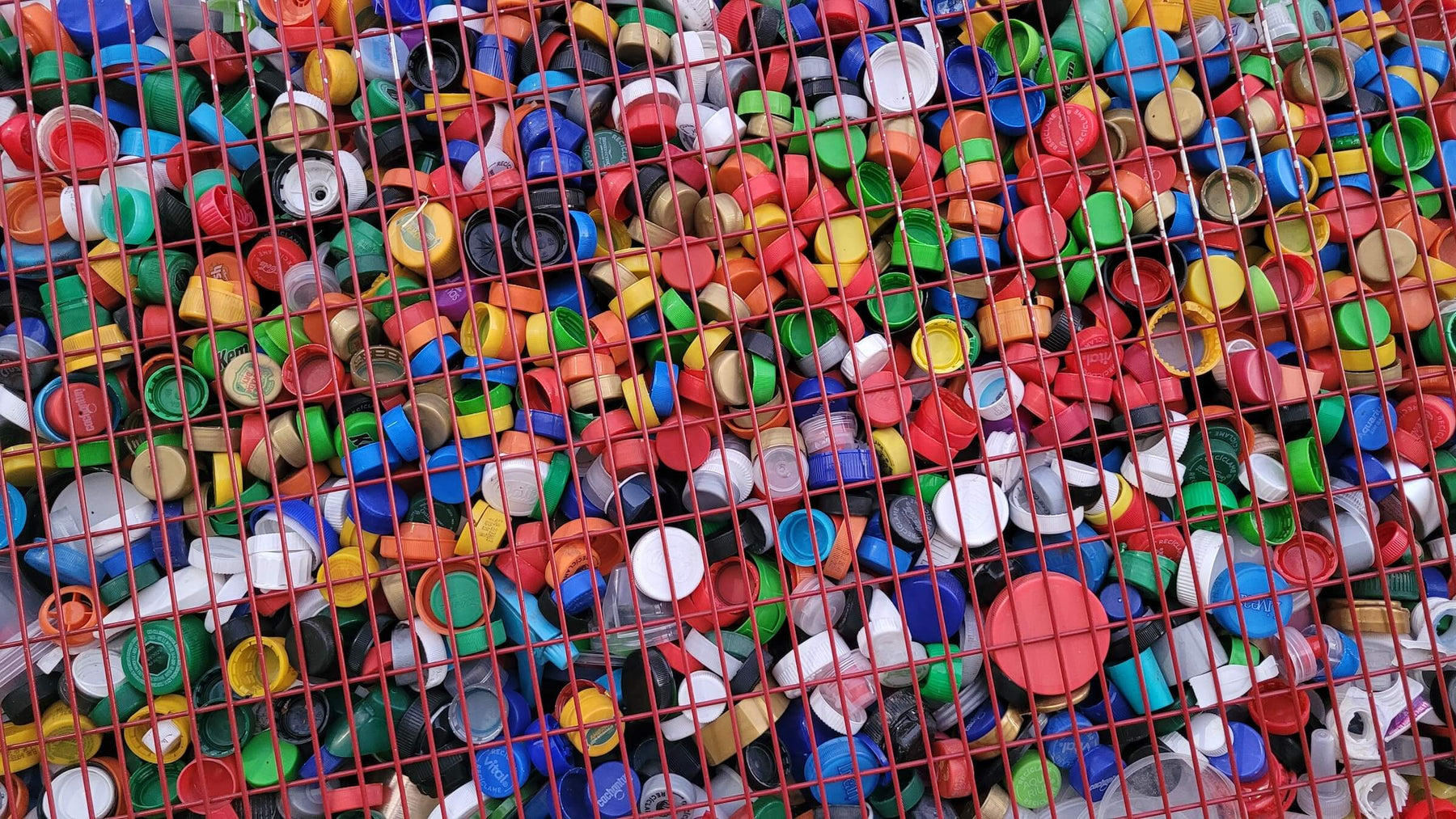Easy low-waste living starts at home.

Is Plastic Recycling Just a Myth?
Plastic recycling is often hailed as a solution to the growing problem of plastic pollution, but is it really all it's cracked up to be? Some experts argue that plastic recycling is more myth than reality. Here's why:
- Low recycling rates: Despite widespread recycling programs, only 8.4% of plastic waste was recycled in the United States in 2018, according to the Environmental Protection Agency. This means that the majority of plastic is not being recycled, despite the fact that it is being collected for recycling.
- Limited types of plastic can be recycled: Only certain types of plastic can be recycled, and even then, it is often difficult to do so. Plastic bags and films, for example, are rarely recycled due to their thin and lightweight nature, which can cause them to get stuck in recycling machinery.
- Recycling plastic is often not cost-effective: The process of recycling plastic is energy-intensive and requires specialized machinery, which makes it more expensive than simply producing new plastic. As a result, many recycling facilities do not have the resources to recycle plastic, and it is often cheaper to simply produce new plastic.
- Downcycling: When plastic is recycled, it is often "downcycled," meaning that it is turned into a lower-quality product that cannot be recycled again. This means that recycled plastic often has a limited lifespan and eventually ends up in landfills or the environment.

Leave a comment